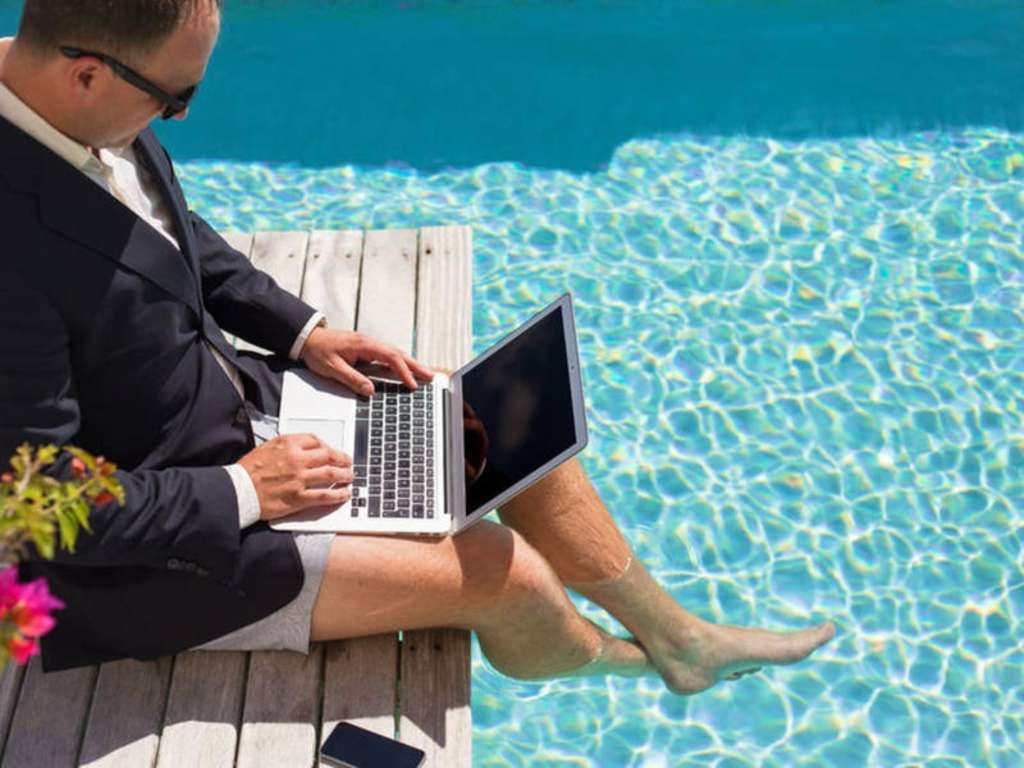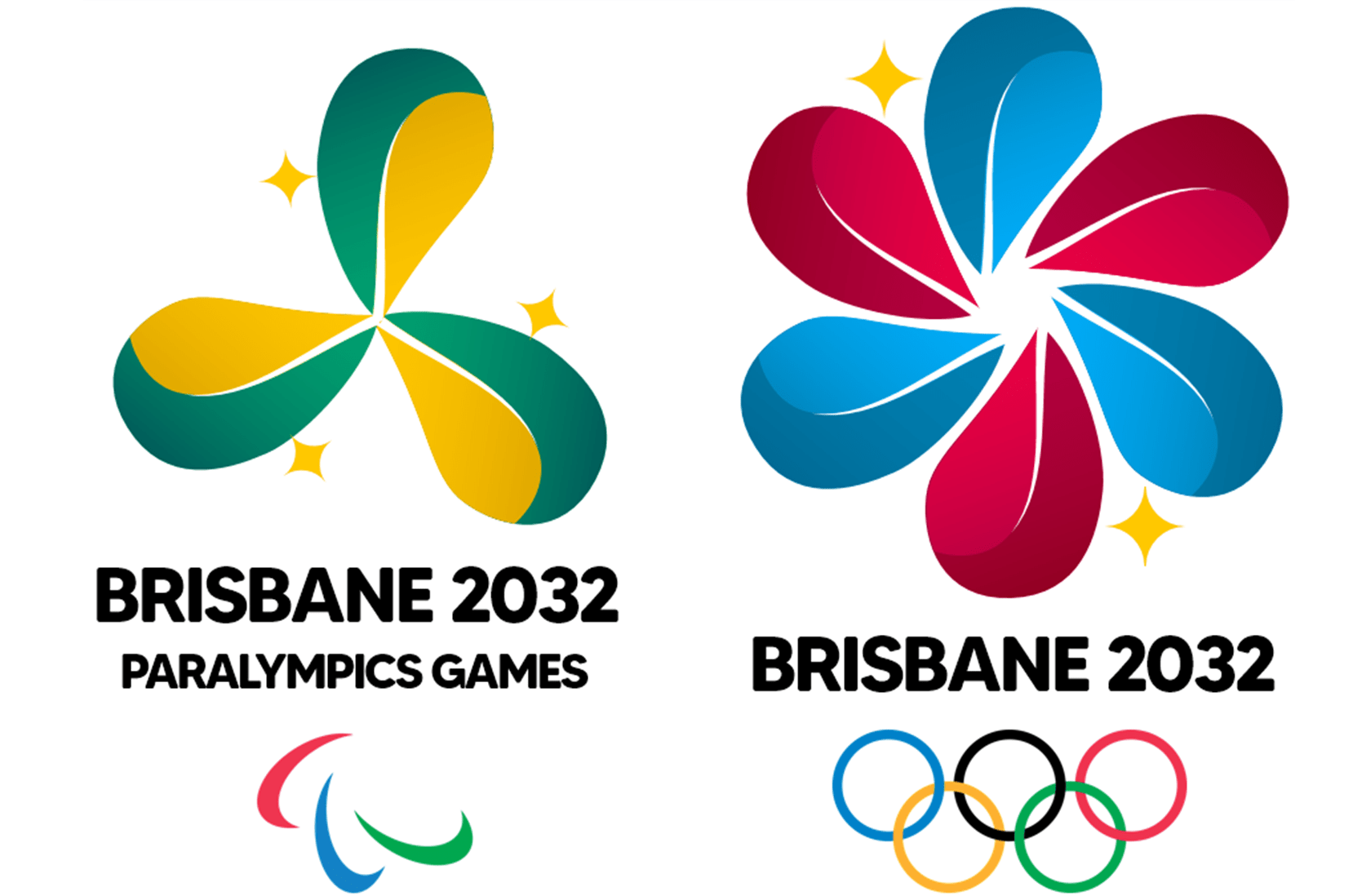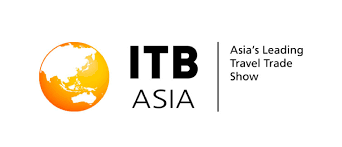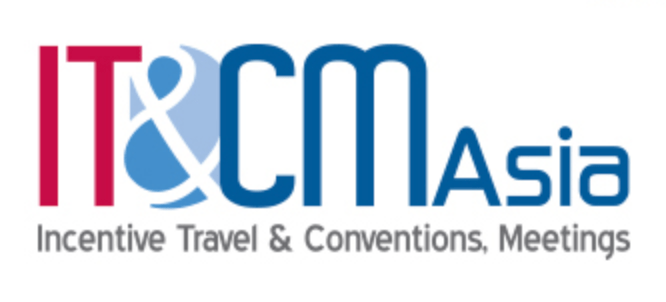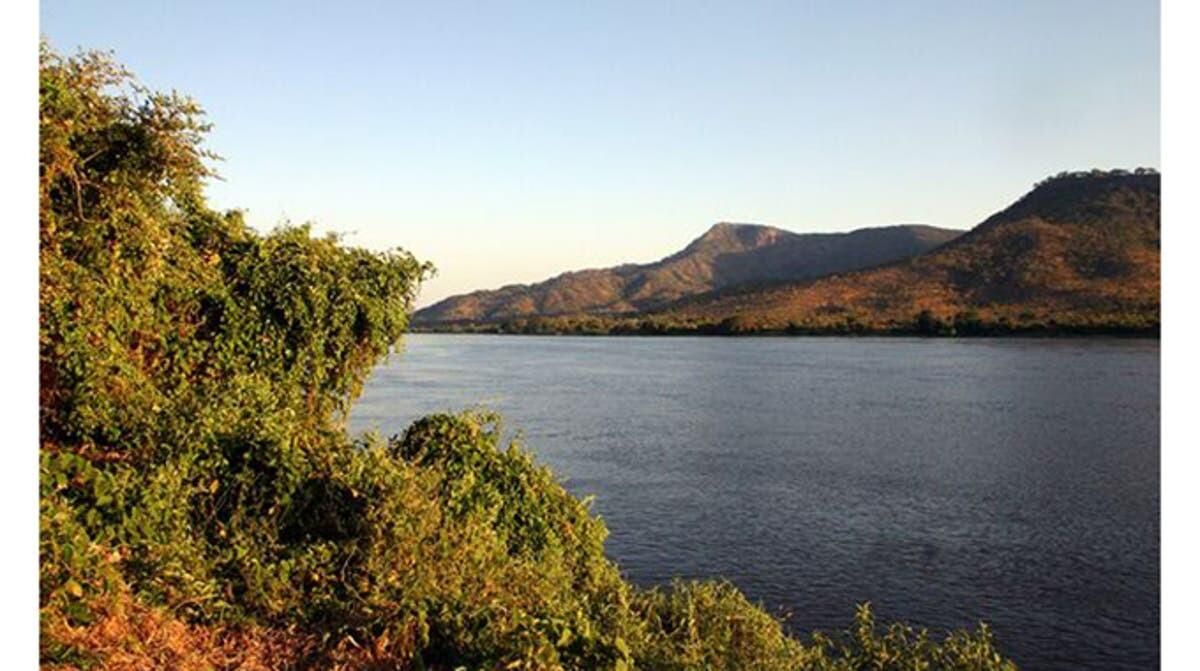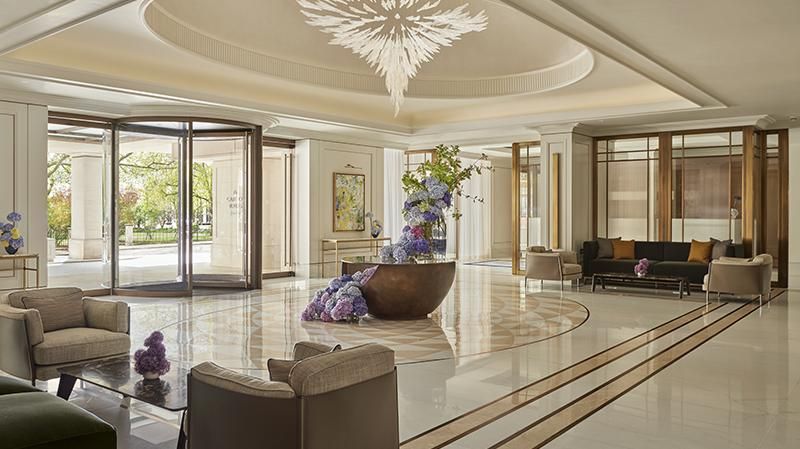Bleisure Travel
Bleisure travel is one of the emerging concepts in the travel industry, and its growth has meant a greater focus is now being placed on the needs of the corporate traveller who wants to enjoy some leisure time during their trip.
Bleisure travel is a term used to describe travel which combines elements of both business and leisure. It typically takes the form of business travellers extending the duration of their trip, in order to enjoy leisure activities, which may range from sightseeing and relaxation, through to hiking, visiting entertainment venues, or attending events.
A trip comprised of both business and leisure components may also be known as a ‘bizcation’ and travel of this kind has possible advantages for business travellers, their employers, and those in the travel industry.
For the traveller, the primary advantages are likely to be a boost in morale and a reduction in stress. Allowing bleisure travel may help a business by increasing the number of employees who are actually willing to go away on business trips, while the subsequent morale boost can result in improvements to productivity. Finally, for the travel industry, the rise of the bleisure tourist means visitors who are willing to stay longer and spend more money in the process.
Bleisure Travel is a Growing Market
It is important to understand that spending on business travel is growing year-on-year. In fact, according to information published by Statista, since 2015, business travel spending has grown by between six and seven percent each year. Given the opportunities to attract repeat business, this has made business travellers a top focus for the travel industry.
Moreover, according to Expedia, 43 percent of business trips now include a leisure component. These figures highlight the growth of business travel as a whole and the fact that leisure is becoming a key part of modern business trips.
The Bleisure Traveller Explained
The rise of bleisure travel has understandably led to those in the travel industry placing a focus on who the average bleisure tourist actually is. By better understanding who participates in bleisure travel, hotels, travel agencies, restaurants and others in the industry can target them more effectively with their offerings and promotional content.
A joint Expedia Group and Luth Research study provides one of the most extensive insights into the modern bleisure traveller to date. It found that bleisure travellers tend to make frequent business trips, with the vast majority (70 percent) travelling on behalf of their business at least once every three months.
The same research found that bleisure travellers work in a wide range of different industries, but the most common were travellers working in areas like technology, healthcare, public administration and manufacturing.
Meanwhile, SAP Concur research found that Millennials were the generation most likely to engage in bleisure travel, accounting for 38 percent of all such travellers. Nevertheless, Generation Xers and Baby Boomers also accounted for 31 percent of bizcations each, indicating a need for travel companies to appeal to all of these age groups.
According to a CWT Solutions Group survey, women take fewer business trips than men in total. Yet, despite this, in both gender groups, 20 percent of business travellers asked said they take one or more bleisure trips per year. As a result of this, the study found that women have a slightly higher overall bleisure rate than men.
It is also interesting to note that many bleisure travellers feel reluctant to share the leisure experiences they enjoy during business trips. The National Car Rental State of Business Travel Survey found that 45 percent of Millennials, 40 percent of Gen Xers and 30 percent of Baby Boomers felt a need to downplay personal activities.
Why is Bleisure Travel Popular Among Business Travellers?
For business travellers, the idea of bleisure trips hold strong appeal for a number of key reasons. On a basic level, the combination of work and fun or personal activities helps to create a far better work/life balance. This tends to result in greater happiness, lower levels of stress and more of a sense that business trips are worthwhile.
In many cases, bleisure travel represents an ideal opportunity to save on the travel costs associated with a trip abroad. Crucially, this allows people who may otherwise be unable to enjoy a personal holiday to do so. They will also have more money to spend on leisure, because travel and accommodation costs are at least partially covered by their employer.
Many business travellers return to the same location repeatedly, or at least more than once. With this in mind, bleisure trips offer an opportunity for travellers to get to know the location and its culture better. This, in turn, can help to improve the quality of work done, while allowing more meaningful business relationships to be formed.
Finally, bleisure offers the possibility of business travel with a companion, such as a friend, partner or colleague. This can help to alleviate boredom, prevent feelings of isolation and assist with overall enjoyment of the trip.
Source
